Edible History
The study of food history helps us understand how people lived in the past, shedding light on developing trade systems and cultural synchronicities between regions. Our Arts and Humanities researchers share fascinating facts and traditional recipes.
Edible History forms part of our Transformative Humanities programme, which brings together humanities research and education from a wide range of disciplines.
Exploring food culture through the RELISH project
Durham is leading RELISH, an international project involving academics from seven European countries, which explores how we engage with food culture in a globalised world.
The origins of comfort food
The world's first mac and cheese
Amanda Herbert shares a recipe for the world’s first macaroni and cheese in the 177 Milk Street podcast.
The Turkish kebab takes the fast-food crown
A new poll has revealed that kebabs have been voted the favourite food of football supporters who attended Euro 2024, but how have they become so popular in Germany?
Amanda Herbert Gives Us the Sauce
Do you enjoy your condiments? Amanda Herbert, early modern food historian and our resident condiment expert, gives us the fascinating past of some of our much-loved household staples, all in just 30 seconds. Some of the household favourites of today have a rich and fascinating history from their making, and re-making, in the early modern world. Read the full article, written with co-researchers Jack B. Bouchard and Julia Fine, to find out more.
Chile Sauce
Ketchup
Mango Pickle
Durham University Kitchen: Zalābiyya
Daniel Newman, Professor of Arabic Studies in our School of Modern Languages and Cultures, is joined by Giles Gaspar and Amanda Herbert to recreate zalābiyya,13th century Andalusian sweet treats.
Zalābiyya is a recipe from Prof Newman's 'The Exile's Cookbook', a medieval recipe collection which reveals the development of the Arab culinary tradition and its influence on European cooking. Watch the video then try the recipe at home.
Long pepper: the forgotten spice
Giles Gasper and Florence Swan talk on the Comfortably Hungry podcast about long pepper, a spicy plant which has fallen out of fashion but was once so highly prized that the Visigoths demanded 3000lbs of it from Rome.
Medieval European Feasting
Medieval great halls were at the heart of the festive season
Professor Giles Gasper outlines the importance of food, a shared warm space, and what we have in common with those living in medieval times.
Exploring the Medieval Christmas Table
Food plays a central role in Christmas celebrations across the world, but it’s unlikely that many of us will be cooking quite the variety or volume of foods seen in large medieval households.
Medieval Arab Feasting
Feasting in Fujairah
A banquet fit for a Sheikh: Curating three medieval banquets in Fujairah, United Arab Emirates under the patronage of His Highness, Sheikh Mohammed bin Hamad al-Sharqi, Crown Prince of Fujairah.
The secrets of Medieval Arab cuisine
Dialogue Magazine speaks to Professor Daniel Newman to find out more about his research and his passion for medieval Arab food.
Arabic culinary tradition at COP28
Daniel Newman, Professor of Arabic Studies in our School of Modern Languages and Cultures, was recently invited to COP28 in Dubai to share his knowledge of the Arabic culinary tradition, recreating recipes from the 8th to the 15th centuries.
Discovery of a mysterious medieval recipe collection
Daniel Newman, Professor of Arabic Studies, tells us about a manuscript he has recently discovered in the Wellcome collection which informs us about the earliest tradition of medieval Arab cooking and shows the link between pharmacological recipes and culinary recipes.
Bold culinary adventures
The fantastical feasts of England’s first celebrity chef
The extreme dining table of Robert May, a celebrity chef in Elizabethan and Jacobean England, who staged elaborate feasts full of atmospheric effects, sensory experiences, and dramatic stunts.
Festive traditions were once a foodie adventure
Winter celebrations such as Christmas and New Year have long been associated with feasting. But, what are now seen as festive food traditions (think mince pies and richly spiced fruit cakes) were once a bold and daring foodie adventure, writes Dr Amanda Herbert.
Tastes from the New World
Exploring the linguistic history of chocolate
San Francisco’s Famous Sourdough Was Once Really Gross
A 'Recipe' for Chocolate on a Nineteenth Century Cup
Raw Livers and Rampant Lovers: The South Asian Witch as a Consuming Force
In this staff blog, PhD scholar Annie Zaidi discusses her doctoral research on witches in contemporary South Asian fiction, including the theory that ‘consumption’ by a witch-protagonist is more metaphoric than literal and used to express popular ideas about women’s bodies and appetites.
Discover our Institute of Medieval and Early Modern Studies (IMEMS)
Our Institute of Medieval and Early Modern Studies (IMEMS) is an interdisciplinary community researching the period from Late Antiquity to the late eighteenth century.
Find out more about the academics, curators, students, practitioners, and volunteers involved in IMEMS' global research.


/prod01/prodbucket01/media/durham-university/external-location-photography-/city-shots-/82922-1920X290.jpg)
/prod01/prodbucket01/media/durham-university/processed-4B98E0E8-E7A5-4646-A0FC-D6F22BF1B41A.jpeg)
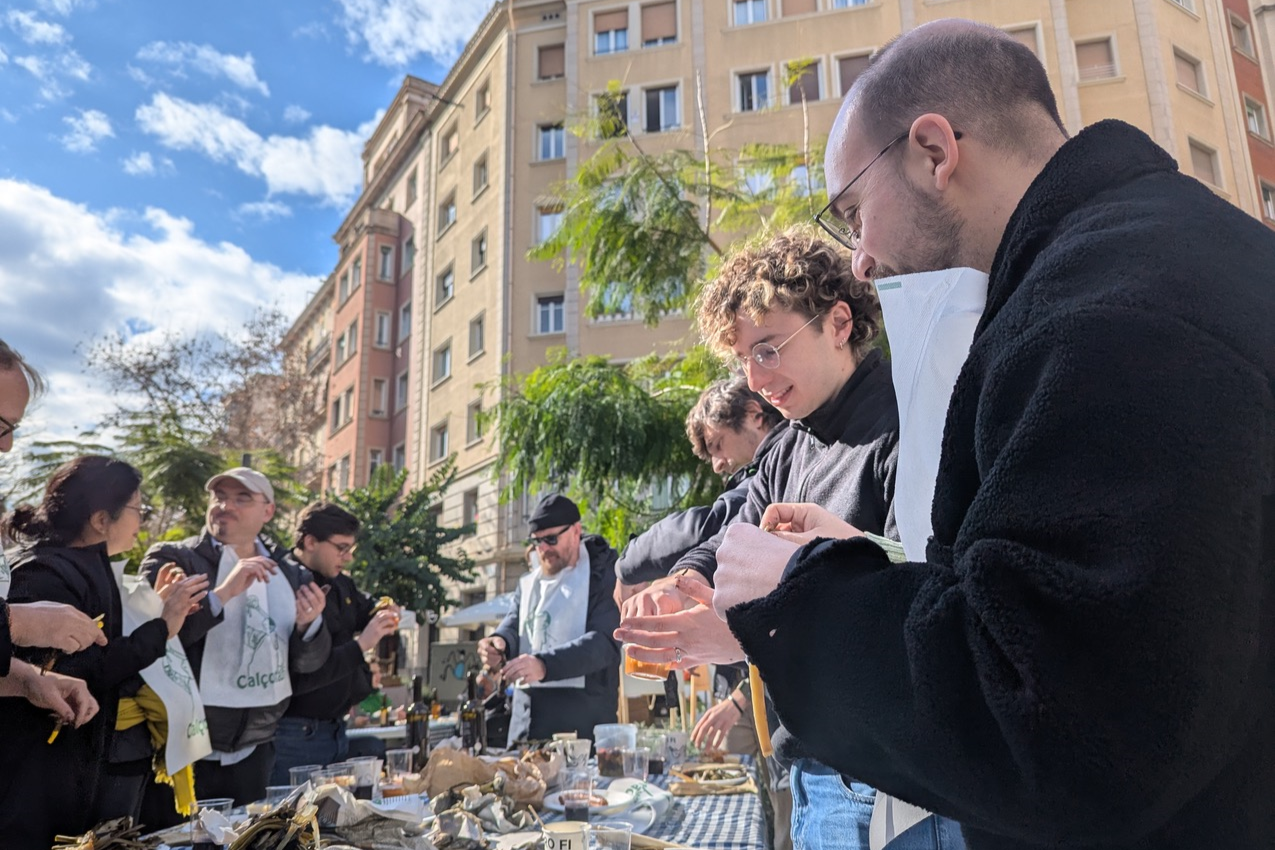
/prod01/prodbucket01/media/durham-university/Macaroni-cheese.jpg)
/prod01/prodbucket01/media/durham-university/kebab-2451112_1280.jpg)
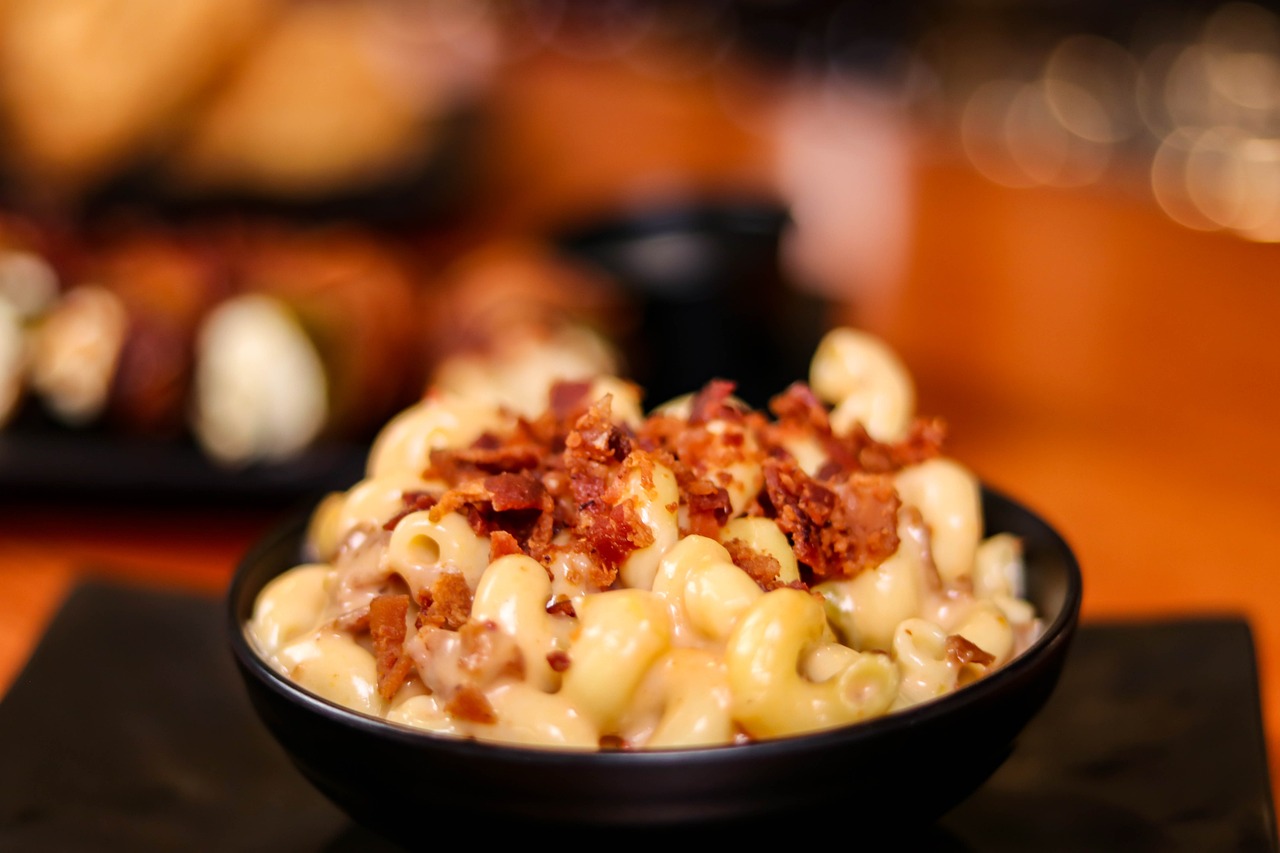

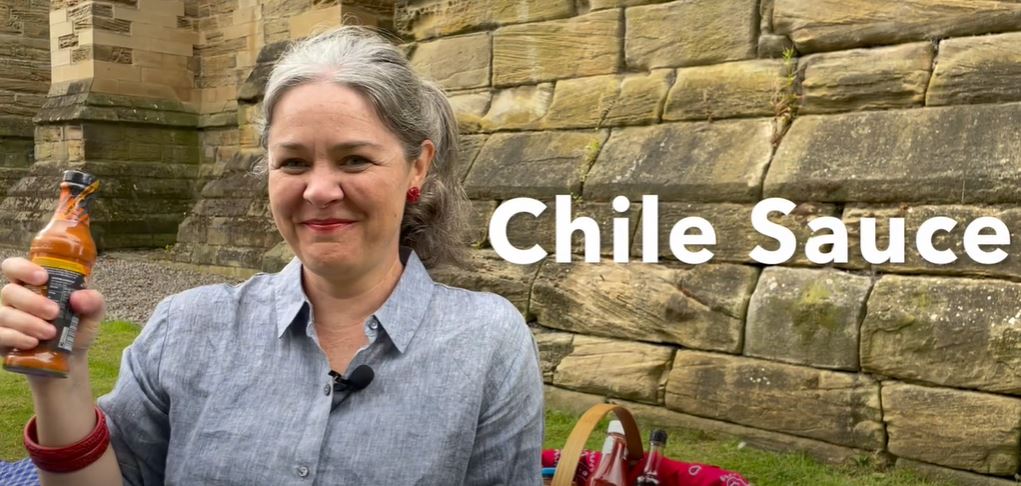
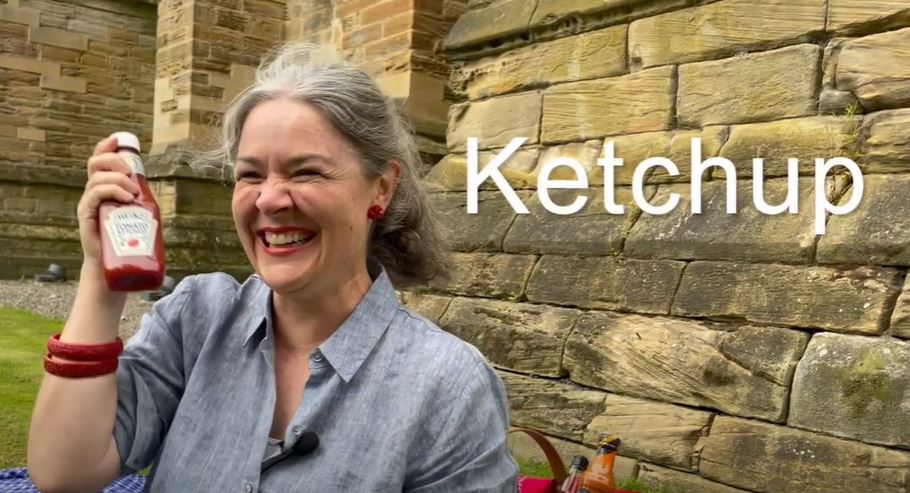
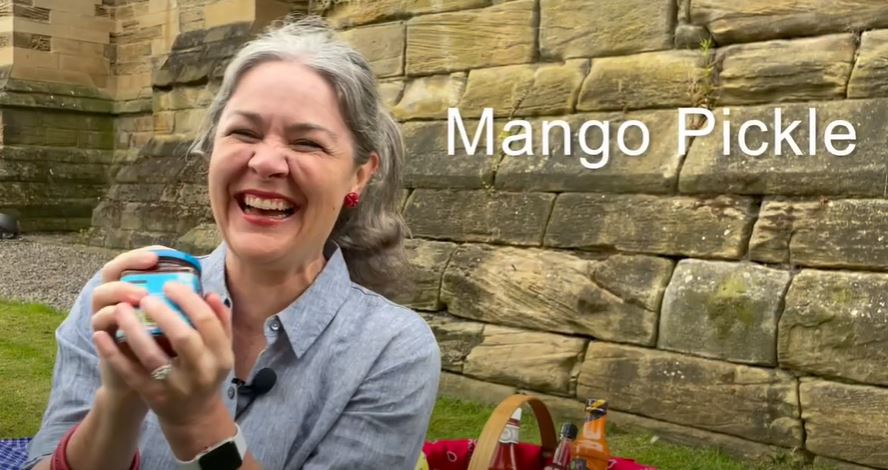

/prod01/prodbucket01/media/durham-university/Long-pepper-1.jpg)
/prod01/prodbucket01/media/durham-university/research-/medieval-thought-leadership.png)
/prod01/prodbucket01/media/durham-university/central-news-and-events-images/Medieval-feasts-web-image.png)
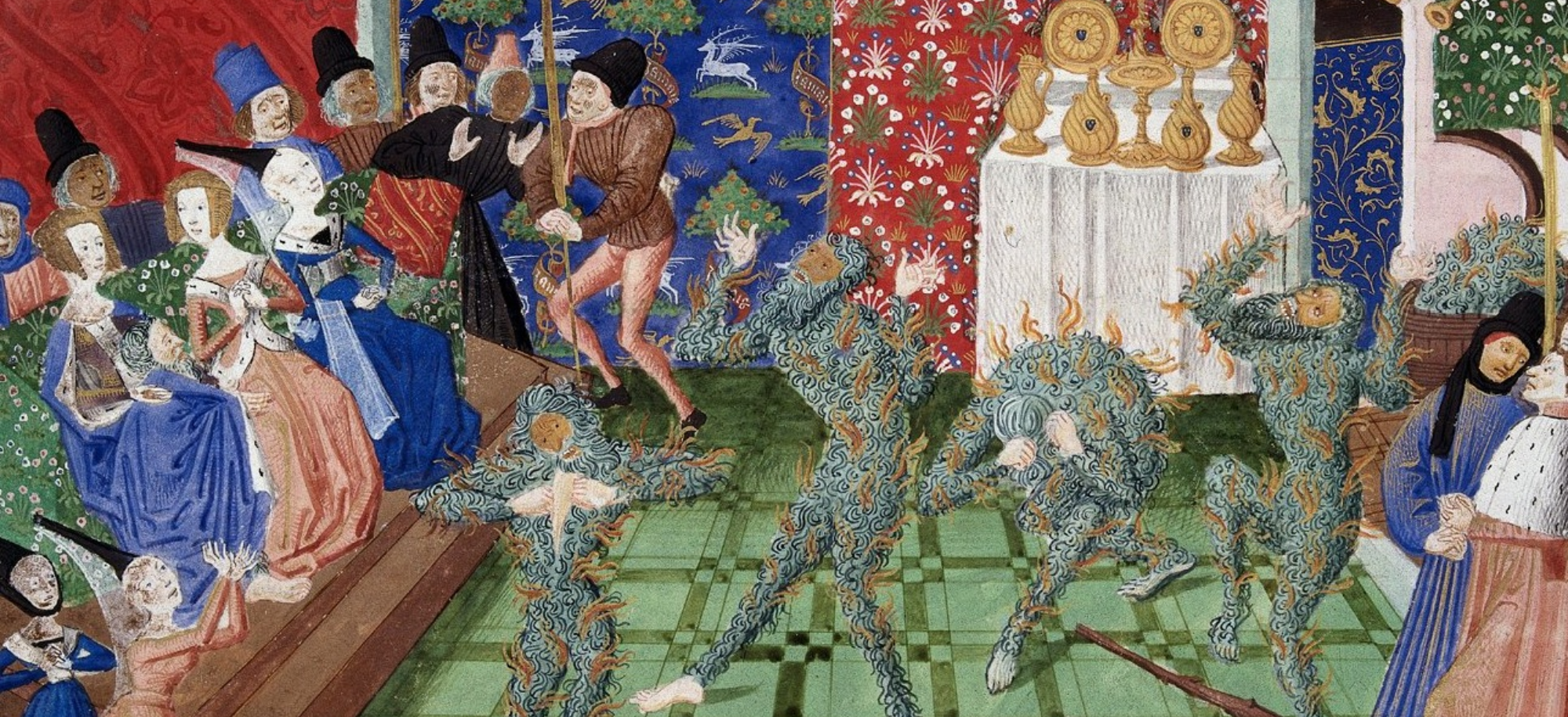
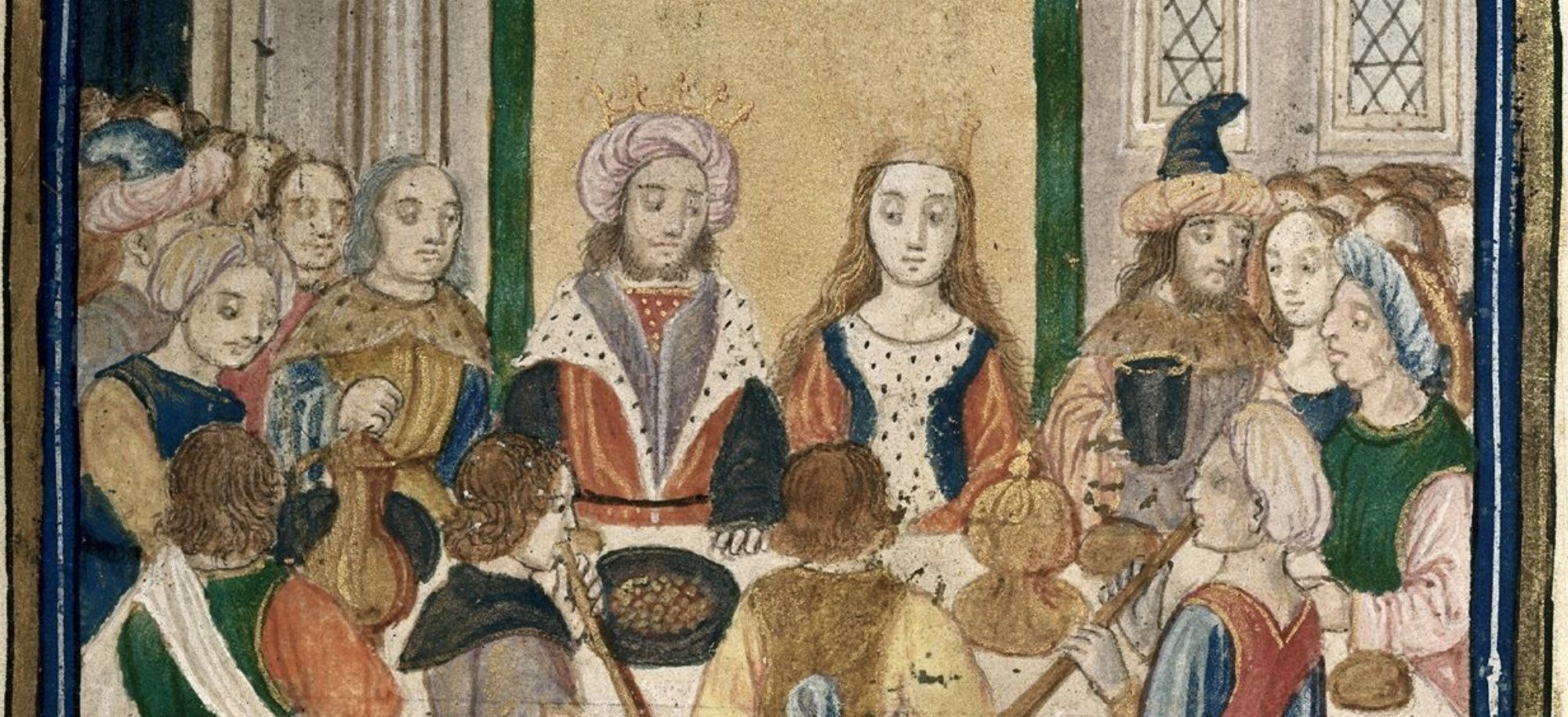
/prod01/prodbucket01/media/durham-university/WhatsApp-Image-2023-12-31-at-14.25.48.jpeg)
/prod01/prodbucket01/media/durham-university/central-news-and-events-images/Afikra-photo-v2.jpg)

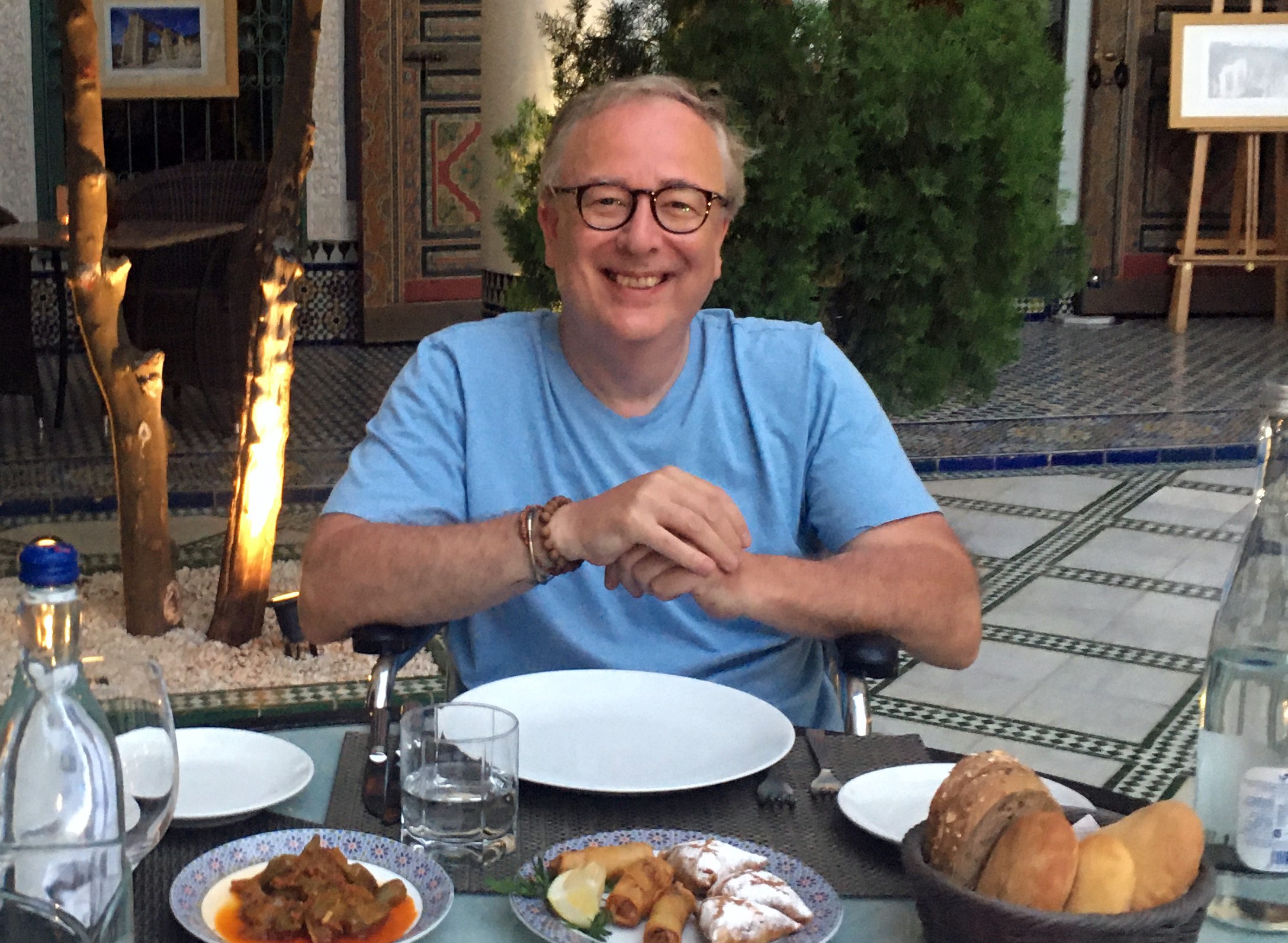


/prod01/prodbucket01/media/durham-university/central-news-and-events-images/Untitled-design-(23).jpg)
/prod01/prodbucket01/media/durham-university/central-news-and-events-images/Festive-food-WEB.png)
.jpg)
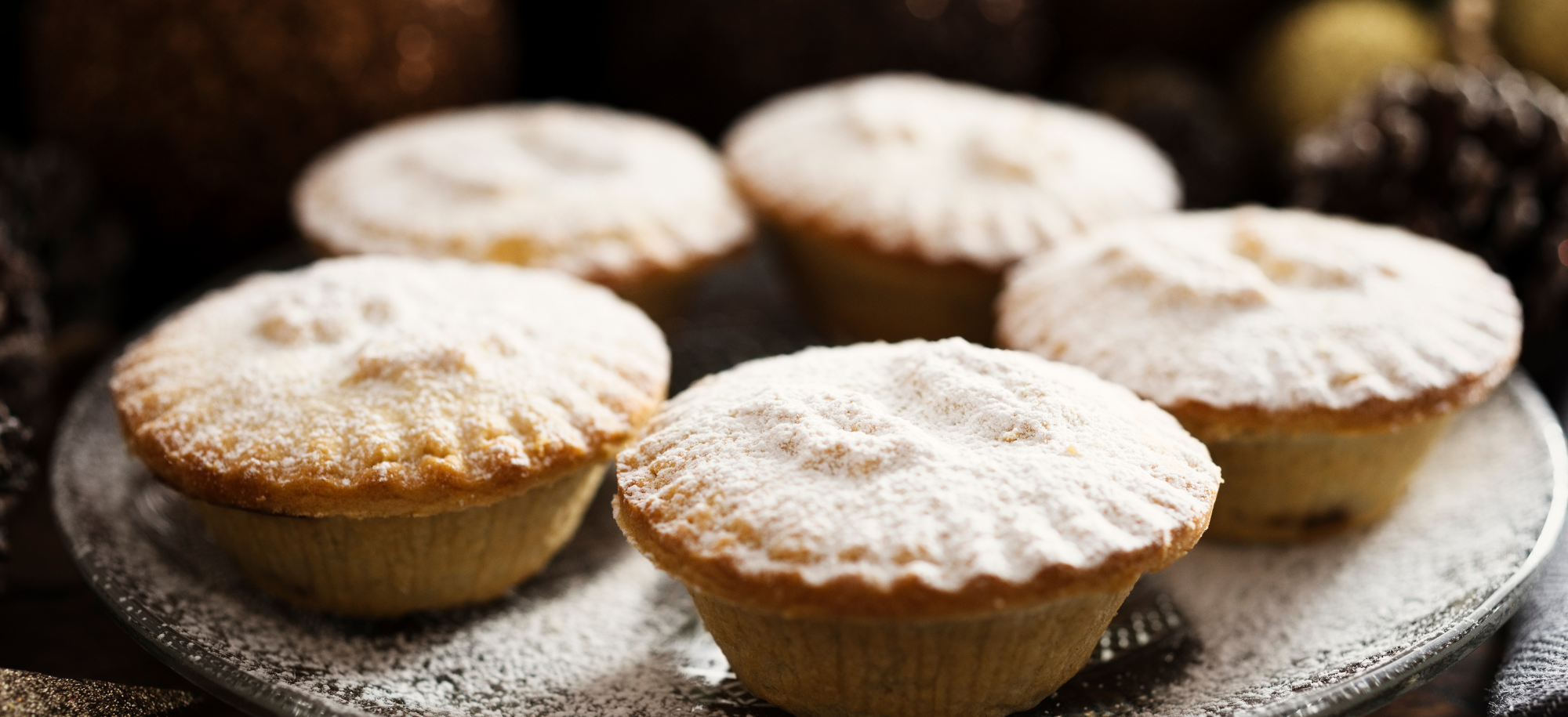

.jpg)
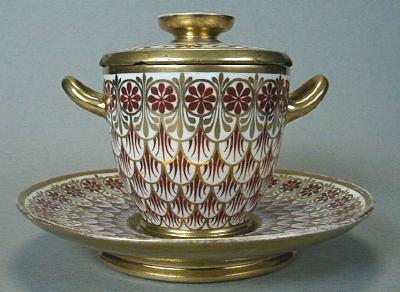
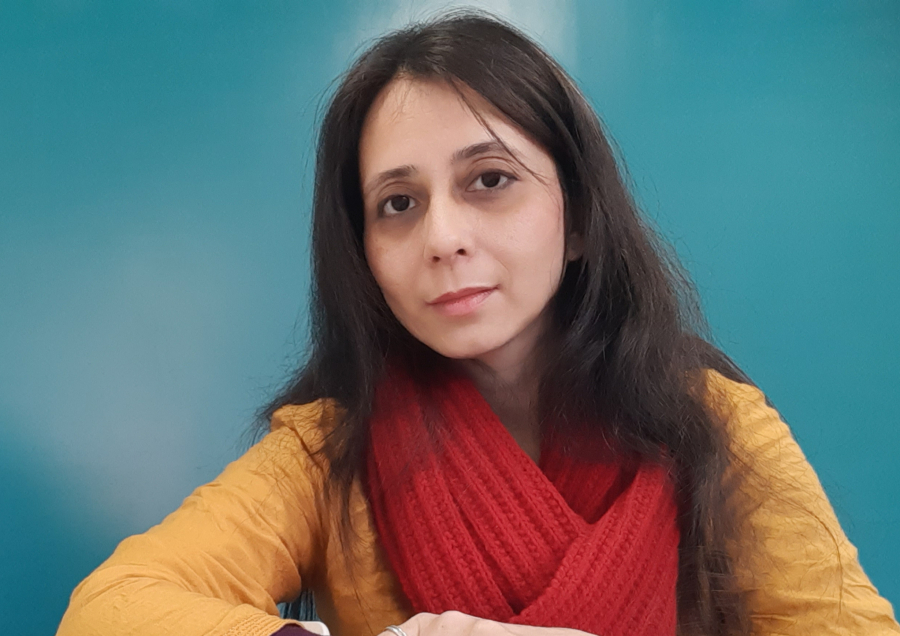
/prod01/prodbucket01/media/durham-university/research-/research-institutes/institute-of-medieval-and-early-modern-studies/research-strands/23358.jpg)